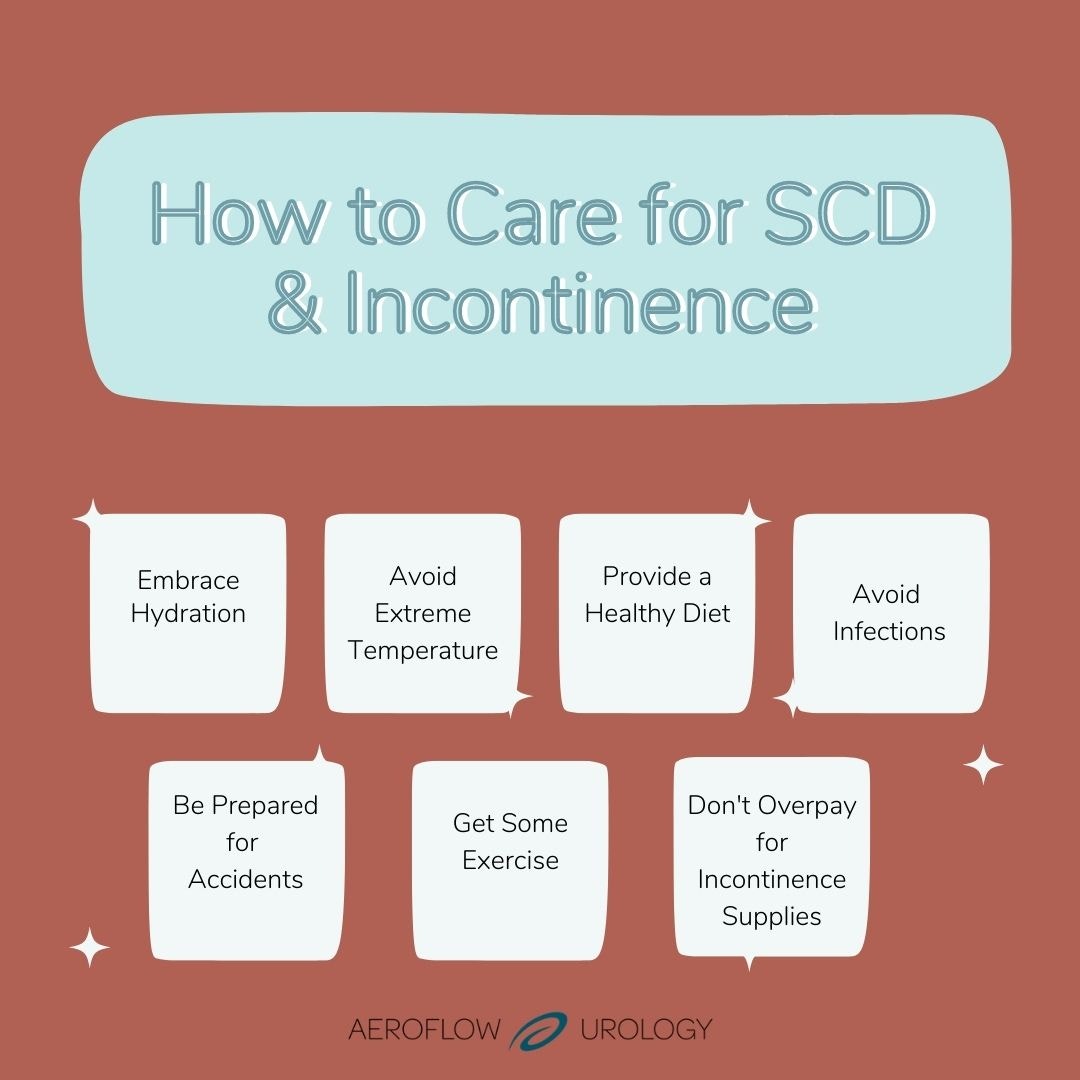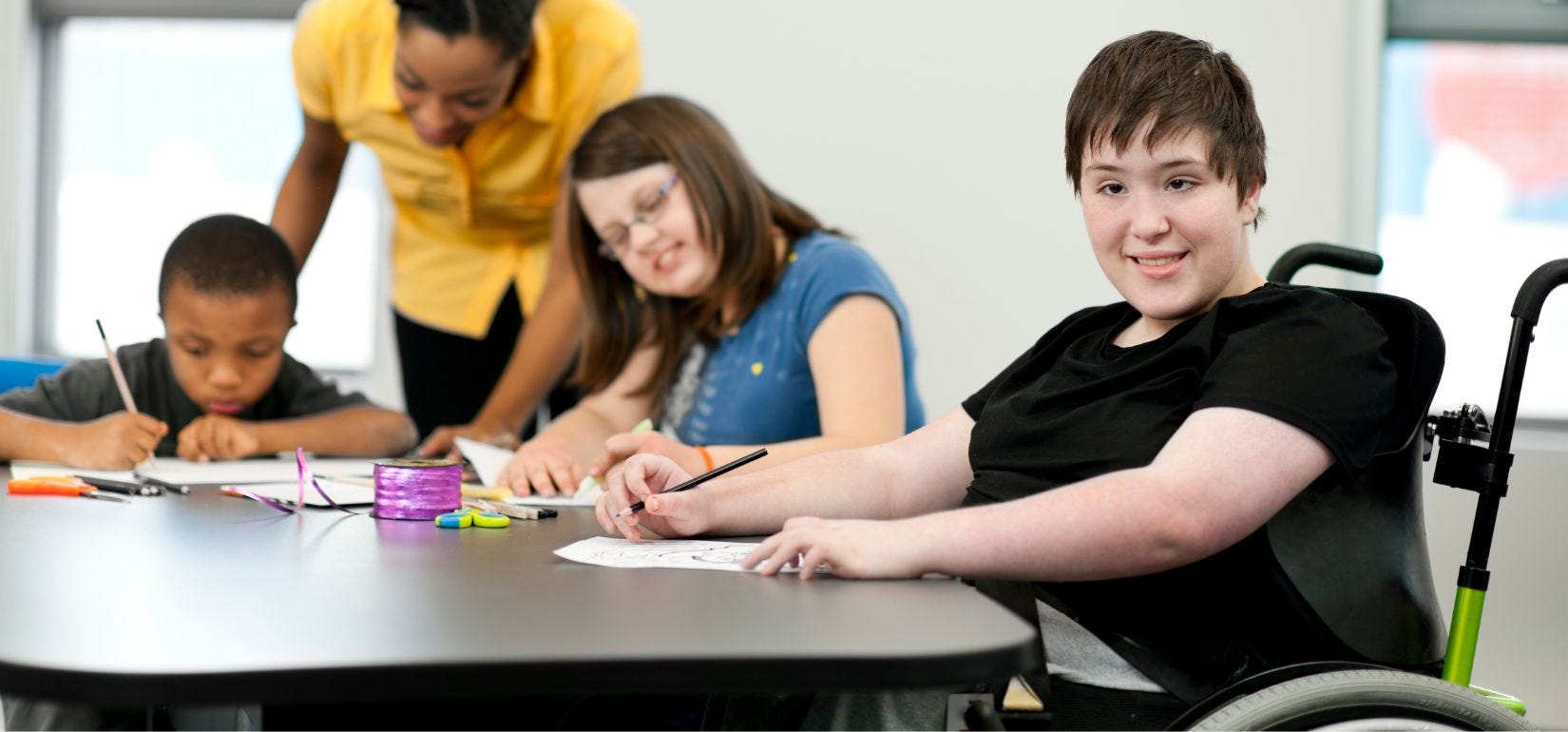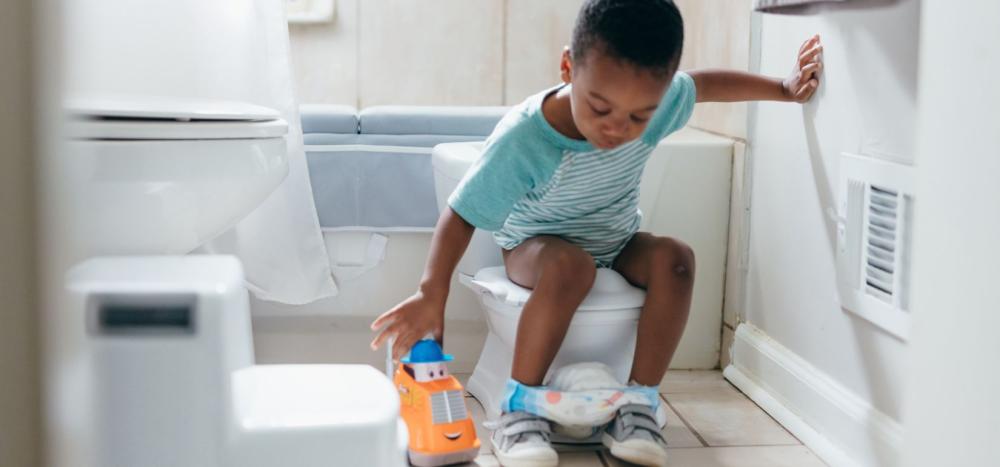Caring for a child with sickle cell disease often means providing for them and taking care of yourself since it’s an inherited condition.
However, your child may have different symptoms than you, such as incontinence.
Use this post to learn how sickle cell disease and incontinence are connected and how to provide proper care.
What Is Sickle Cell Disease?
Sickle cell disease (SCD) is an inherited group of disorders that affects hemoglobin, which includes red blood cells that transport oxygen to cells throughout your body. SCD causes hemoglobin molecules to have an unusual shape such as a sickle or crescent shape.
Check Your Eligibility
2 Easy Steps
Diapers and pull-ons for children ages 3+ with special needs, available through Medicaid.
Sickle cell disease symptoms are present in early childhood, usually during the first 5 months. Still, the severity varies in different people from mild to severe.
Common symptoms include:
- Anemia
- Fatigue
- Shortness of breath.
- Episodes of pain.
- Repeated infections.
- Jaundice
- Organ damage in the lungs, kidneys, spleen, and brain.
- Pulmonary hypertension.
These symptoms, especially anemia, are caused by the sickle shape of the red blood cells because it causes them to break down prematurely. The blood cells also become sticky and can clog blood vessels, leading to acute chest syndrome and strokes.


Sickle Cell Disease & Incontinence
SCD can contribute to overactive bladder (OAB), nocturnal enuresis (wetting the bed at night), and incontinence in children and adults.
People often experience increased urgency and frequency to go due to increased bladder contractions.
However, how SCD causes bladder dysfunction is unclear.
It could be due to how SCD impacts the kidneys because it causes the inability to produce concentrated urine, meaning a large amount of dilute urine suddenly fills the bladder. Plus, children may fail to notice the urge to go at night. The bladder may also have more inflammatory cells, causing stress that impairs the function to fully empty. More research needs to be performed to determine the exact correlation.
In the meantime, you should seek urological care for your child with SCD to assess the severity of their incontinence. This will help determine a proper management plan to keep your child comfortable and sanitary.
Caring for Sickle Cell Disease & Incontinence
Use these tips while caring for your child with SCD and incontinence.
1. Embrace Hydration
Hydrating helps the bladder function and avoids dehydration, which can place stress on the urinary tract. Dehydration also increases the risk of sickle cell crisis.
Sickle cell crisis is pain that occurs very suddenly and can last anywhere between just a few hours to a few days. It happens when red blood cells stick together and block small blood vessels that carry blood to your bones.
Aim for at least 8 cups of water a day unless you live in a warmer area, then drink more. Organic juices can be helpful too. However, avoid liquids that may increase pressure on the bladder, such as caffeinated beverages, drinks high in sugar, alcohol, and coffee.
2. Avoid Extreme Temperatures
If you’re going out on a hot or extremely cold day, be prepared with the right outfit and tools to stay warm or cool. Exposure to temperature extremes can increase the risk of sickle cell crisis.
3. Provide a Healthy Diet
Bone marrow requires folic acid and other vitamins to make new red blood cells. A healthy diet can also reduce stress on the urinary tract.
Get plenty of whole grains, fruits, and veggies for nutritious meals.
Avoid foods that can increase pressure on the urinary tract, like spicy foods, items high in refined sugar, fried foods, greasy foods, and highly processed snacks.


4. Avoid Infections
If your child has a fever get on high alert! Common illnesses can mean a lot of trouble for those with SCD. Ensure your child washes their hands, avoids other sick children, avoids raw meat or eggs, and always wash their fruits and veggies.
5. Be Prepared for Accidents
Ensure your child has everything they need to remain dry and comfortable during a day of school, sleepover, or other activities.
Send them with enough incontinence supplies to change into in case an accident occurs. It can also be helpful to have a change of clothes, hand sanitizer, changing gloves, wet wipes, and disposal bags on hand for quick and easy changes.
6. Get Some Exercise
Those with SCD need to get a proper amount of exercise, but how much activity depends on your doctor’s recommendation, so you don’t want to overdo it.
Instead, encourage your children to play outside, ride bikes, or walk with you. Getting some exercise a few days a week helps reduce incontinence symptoms as well.
7. Don't Overpay for Incontinence Supplies
If you’re caring for a child with sickle cell disease, then you already have enough on your plate. Don’t burden yourself with trying to remember enough incontinence supplies as well, especially when you may qualify to receive them free through insurance in 3 easy steps.
- Fill out our qualification form.
- We will verify your coverage and contact you with your options.
- Your items will arrive at your home before you know it! And they will keep arriving every single month.
Information provided on the Aeroflow Urology website is not intended as a substitute to medical advice or care from a healthcare professional. Aeroflow recommends consulting your healthcare provider if you are experiencing medical issues relating to incontinence.









